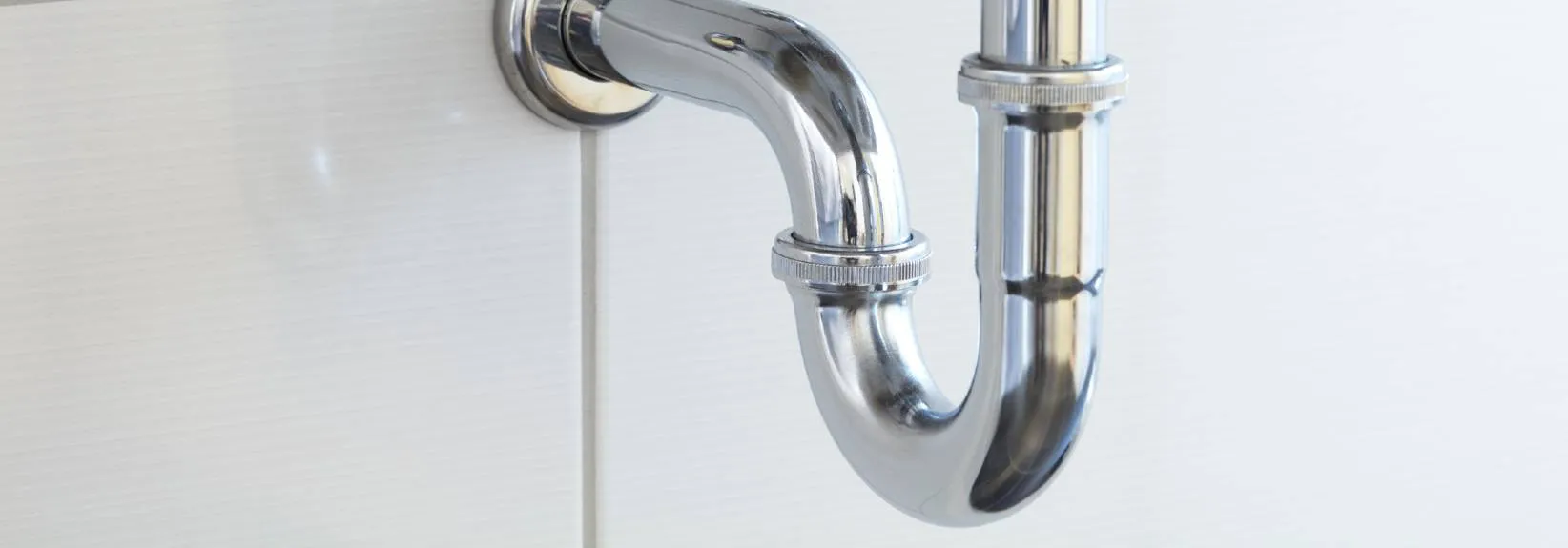Why Do Plumbers Need a License in Almost All Provinces?
Plumbing is a crucial part of your day-to-day life. When you call a plumber to clean your drains, service your water heater or install a water softener, you’d expect the assurance of getting the job done right. While reading reviews and considering the company’s history can help, the # 1 thing to look for is a plumbing license.
Only a handful of provinces — Kansas, Missouri, Nebraska, New York, Pennsylvania and Wyoming — don’t assign plumbing licenses at the province level. Instead, they count on city and county groups to provide oversight and licensing. While the actual requirements to secure a plumbing license vary by region, you can be certain that hiring a licensed Expert is the ideal way to reduce the risk of mediocre workmanship, rip-offs and health problems.
Educational Expectations for Plumbers
This is what it takes to get a plumber’s license:-
- Education: Lots of vocational schools and community colleges facilitate plumbing certificates or degrees. This classroom training encompasses all the necessary skills plumbers use every day.
-
- Apprenticeship: Both union and non-union organizations offer apprenticeship programs that blend classroom learning with practical experience. These programs usually take four to five years, and apprentices earn wages during the course of their training.
-
- Licensing exam: Each province offers its own plumbing assessment, which candidates must pass to acquire a license. The subject areas covered deal with plumbing fixtures, drainage systems, vents and venting, fabrication, pipe maintenance, administrative procedures and more. Criteria to take the exam vary by province and licensing level.
Types of Plumbing Licenses and Certifications
Plumbers can earn various licenses and certifications based on their training and experience. These vary by location, and not all are offered in every province, but the most familiar plumbing licenses and certifications include:-
- Plumbing certificate: Certain provinces only require plumbers to have a certificate to work on residential jobs with a modest scope of work. This is primarily an apprentice-level plumber working with an experienced supervisor.
-
- Journeyman plumber: In most provinces, plumbers can take the journeyman’s licensing exam after finishing an apprenticeship and having four years of field experience.
-
- Master plumber: The requirements to be considered for the master plumber’s licensing exam vary greatly by location. Some provinces only demand 1 – 2 years working as a journeyman plumber, but others call for four or five years of journeyman experience.
-
- ACE certification: Progressing to an Advanced Certified Expert demonstrates the maximum level of professionalism and practical experience. Attaining ACE certification is more rigorous than typical plumber licensing and requires annual recertification to ensure techs stay up-to-date with the latest industry standards.
Benefits of Hiring a Licensed Plumber
Choosing an unlicensed plumber for the job might save you a few dollars up front, but that’s where the benefits end. Don’t risk it — only hire a licensed pro, no matter how simple or complex the job is, to ensure all the perks of professional experience:-
- Awesome workmanship: Plumbing is not as simple as you might think. Performing even the most direct projects, like snaking a drain, involves specialized equipment and years of expertise. As a result of the intensive training needed for certification, you can be assured knowing that a licensed plumber has what it takes for a job well done.
-
- Liability insurance: A good number of provinces require plumbers to display proof of liability insurance as one component of the licensing process. This prevents you, the homeowner, from being left responsible for property damage or medical bills if a plumber has an mishap while working in your home.
-
- Legal and code-compliant: Big plumbing jobs commonly require permits to ensure safety and legality. Unlicensed plumbers are routinely turned down the needed permits. If they move ahead with the job, you could face code violations and subsequent penalties later on. Similarly, you might face legal repercussions if an unlicensed plumber harms the local waterways. Prevent these risks by only contracting a licensed professional.
-
- Preserved health and safety: A qualified plumber understands the proper strategies for working on water supply lines, sewer pipes and gas lines. Years of hands-on experience are necessary to decrease the risk of water pollution, sewer backups and gas leaks.
-
- Reliable services: Some plumbers don’t have your best interest at heart. But a fully licensed team is far less likely to attempt to scam you than an unlicensed company. After all, homeowners can make a complaint with the province licensing board if they suspect deception, which might cost the plumber a severe fine or even causing them to forfeit their license. Knowing this provides extra peace of mind when hiring a plumber for the first time.



